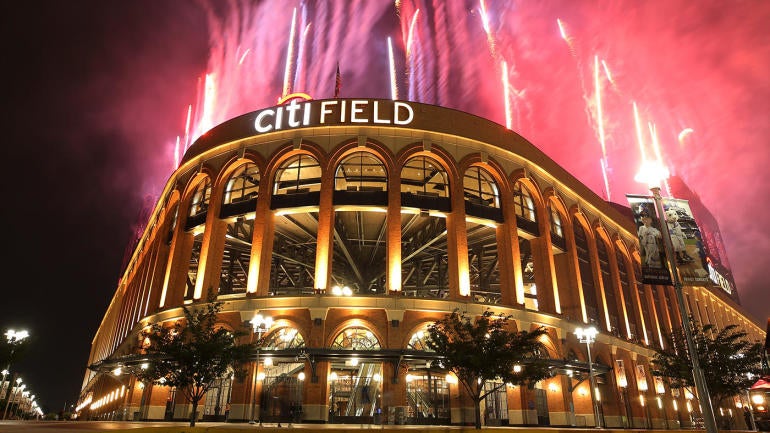
MLB made three economic offers, the last Friday, and the union proposed two. “The solidarity of the players has never been more concentrated in years,” said Scott Boras, baseball’s most high-profile agent, who has three clients on the union’s eight-man executive subcommittee. High-risk players can opt out and still receive salary and service, but others who sit out would lose both. A unilateral decision to start play could mean the playoffs would remain at 10 teams and not expand to 16, as both sides have proposed. Players insist they should not have to accept additional cuts. It called for “good faith” negotiations to play in empty ballparks or neutral sites. That deal agreement gave baseball Commissioner Rob Manfred the right to start the season provided there were no travel restrictions and games could be played before fans in regular-season ballparks. Players and MLB agreed to a deal March 26 calling for prorated salaries, $170 million in salary advances and a guarantee of service time for 2020 even if no games are played. We demand that you inform us of your plans by close of business on Monday.” It is unfair to leave players and the fans hanging at this point, and further delay risks compromising health and safety. “If it is your intention to unilaterally impose a season, we again request that you inform us and our members of how many games you intend to play and when and where players should report. “Given your continued insistence on hundreds of millions of dollars of additional pay reductions, we assume these negotiations are at an end,” union chief negotiator Bruce Meyer wrote in a letter to Deputy Commissioner Dan Halem on Saturday that was obtained by The Associated Press.

These raw negotiations heighten the chance of a spring training lockout after the current collective bargaining agreement expires Dec.

Mlb labor strife for free#
The union has seethed followed a collective bargaining agreement in late 2016 that led to relatively flat salaries for five straight years, an unsuccessful grievance accusing the Chicago Cubs of manipulating third baseman Kris Bryant’s service time to delay his eligibility for free agency and a grievance accusing teams of improperly using revenue sharing proceeds, a process the union calls “tanking.” While the NBA, NHL and MLS have figured out deals to return in this summer of the coronavirus, baseball has descended into the fractious labor strife that led to eight work stoppages from 1972-95. “We will evaluate the union’s refusal to adhere to the terms of the March agreement, and after consulting with ownership, determine the best course to bring baseball back to our fans.” “The MLBPA’s position that players are entitled to virtually all the revenue from a 2020 season played without fans is not fair to the thousands of other baseball employees that clubs and our office are supporting financially during this very difficult 2020 season,” the commissioner’s office said in a statement.


 0 kommentar(er)
0 kommentar(er)
